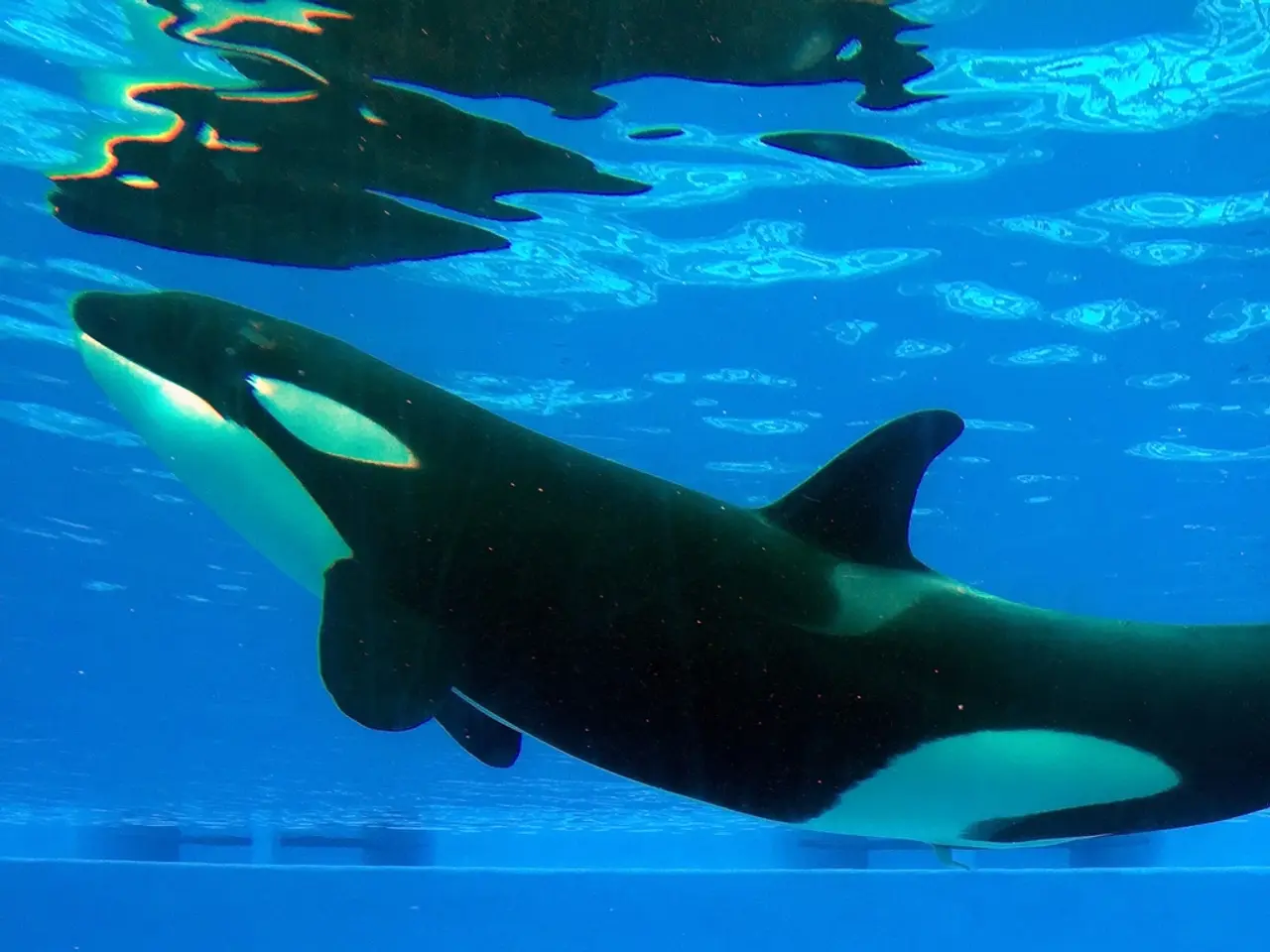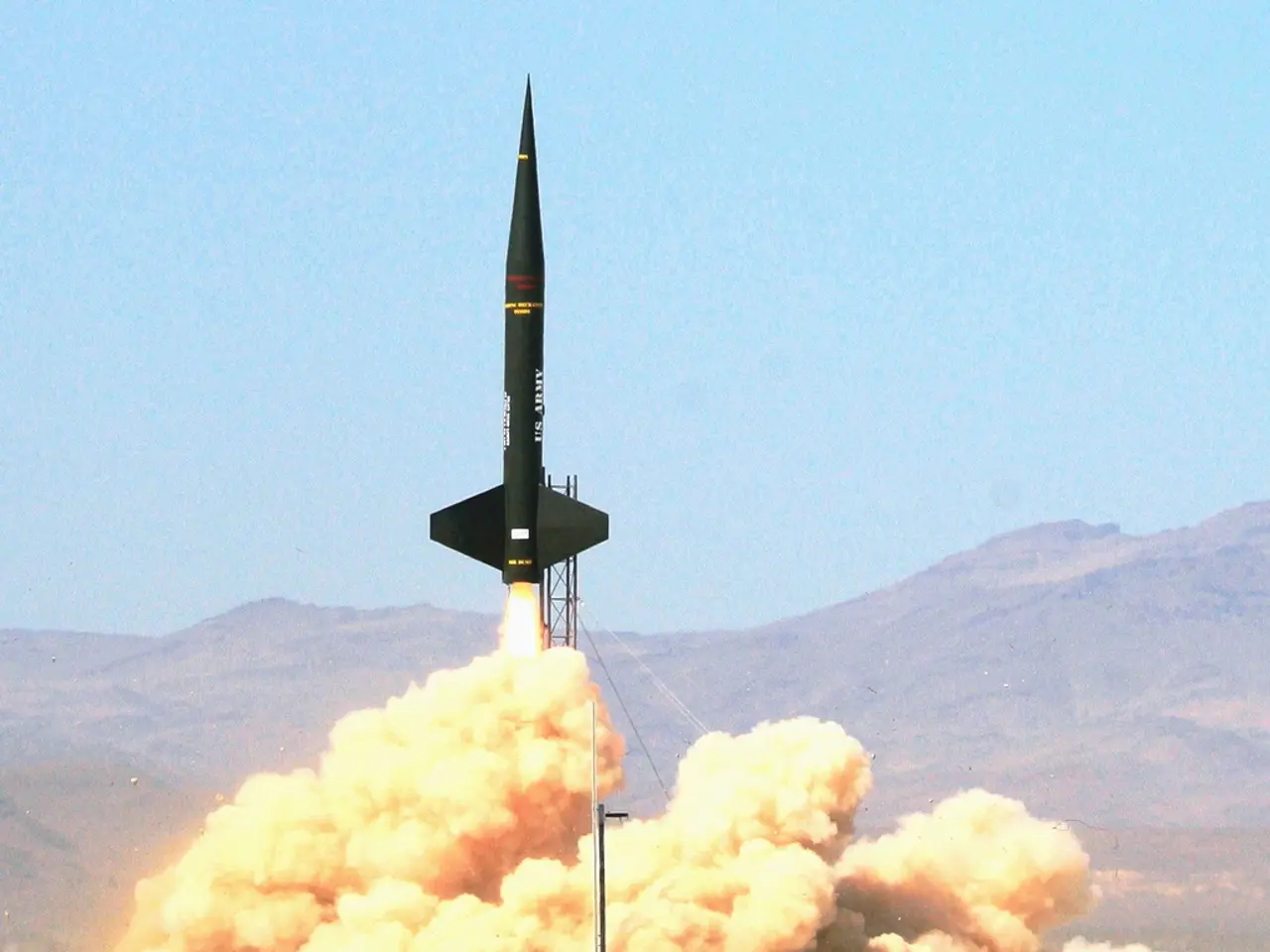Unraveling the encounter of a humpback whale assaulting a kayaker
Kayaker Swallowed by Humpback Whale in Unusual Encounter
In an extraordinary event off the coast of South America, a kayaker named Adrián Simancas found himself in the jaws of a humpback whale. The incident occurred in the Strait of Magellan in Chile on a Saturday in February, a region known for its diverse marine life.
The encounter took place shortly after Simancas had been discussing killer whales with his father. The humpback whale, despite its friendly and non-aggressive behavior towards humans, seemed to have mistaken Simancas for prey. The whale promptly expelled Simancas back to the surface, leaving him unharmed but shaken.
The father-son duo returned to shore without any injuries, and the incident was captured on video by Simancas' father, Dell. Expert Erich Hoyt, a research fellow at Whale and Dolphin Conservation in the U.K., analyzed the incident and suggested the whale likely engulfed Simancas accidentally.
Humpback whales are recognized for their altruistic acts, such as protecting other animals from predators like killer whales. However, they have been known to inadvertently harm individuals, often due to protective instincts or territorial disputes.
These gentle giants of the sea display curious and friendly behavior towards humans during accidental encounters. They can approach boats and swimmers in a friendly manner, as evidenced by documented instances of whales responding to underwater sounds made by humans, suggesting a form of interspecies communication.
In terms of feeding habits, humpback whales use sophisticated techniques like bubble-net feeding, a cooperative and learned behavior where they create nets of bubbles to trap fish. This behavior reflects high social intelligence and coordination within groups led by a dominant individual.
Juvenile whales sometimes feed in shallower waters, which increases their risk of accidental encounters with human activities such as ship traffic, making them more vulnerable to ship strikes. These whales have large energy needs requiring them to engulf huge volumes of water containing prey in single mouthfuls, revealing the complexity and scale of their feeding behavior.
The unique encounter between the kayaker and the humpback whale serves as a reminder of the delicate balance between marine life and human interactions in shared ecosystems. Humpback whales are not a threat to humans in terms of predatory behavior, and this incident highlighted the rarity of aggressive behavior among marine mammals towards humans.
The kayaker, Adrián Simancas, was discussing sports like killer whales with his father prior to the unusual encounter. Despite their altruistic nature, humpback whales, known for their diverse feeding habits, can inadvertently harm individuals in instances of protective instincts or territorial disputes.








